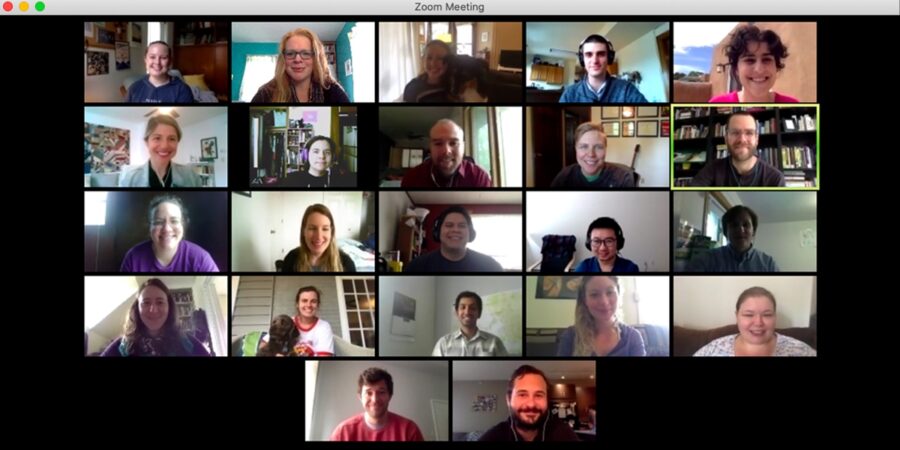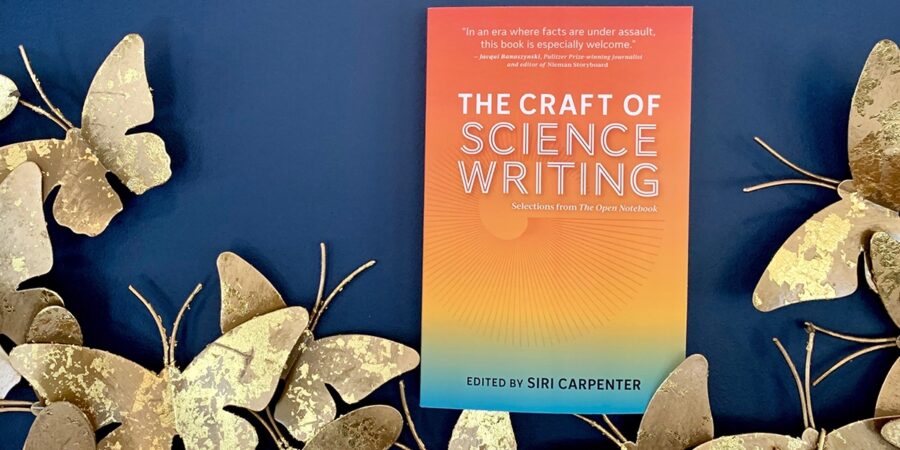When a Dean Writes: Celebrating Black & African American Campus Writers for Black History Month
By Gabrielle Isabel Kelenyi, on behalf of the Writing Center’s Antiracism Standing Committee, and featuring Dean Eric Wilcots—Writing happens. It happens everywhere and all the time, even when we’re not writing an essay. Furthermore, writing is important because we use it to communicate important ideas and information, to express ourselves, to make the particular more universal, to reach out and connect with one another. […]










